The Nigerian National Petroleum Company Limited (NNPC) has announced that petrol sourced from the Dangote Refinery will be sold at a premium rate of over N1,000 per litre in the northern regions of Nigeria. In a statement titled, ‘NNPC Ltd Releases Estimated Pump Prices of PMS from Dangote Refinery Based on September 2024 Pricing,’ NNPC spokesperson Olufemi Soneye disclosed that petrol will be priced at approximately N1,019 per litre in states like Borno. In other northern states, including Abuja, Sokoto, and Kano, the price will be around N999 per litre.
The price variations across the country are significant. In the southern regions, including Oyo and Rivers, the estimated cost will be slightly lower, at N960 per litre, while Lagos and its environs will see the lowest price of N950 per litre, according to an infographic released by the NNPC.
Soneye emphasized that the pricing aligns with the Petroleum Industry Act (PIA) and clarified that the government does not directly set fuel prices. Instead, the prices are determined through negotiations between the parties involved. He added, “In line with the provisions of the Petroleum Industry Act, PMS prices are not set by the government but negotiated directly between parties at an arm’s length.”
The NNPC also noted that the petrol sourced from Dangote Refinery and loaded on Sunday was paid for in U.S. dollars, with naira-based transactions expected to commence from October 1, 2024. The company assured the public that if there were any disputes regarding the quoted prices, it would welcome any discounts from the Dangote Refinery and pass the savings on to consumers.
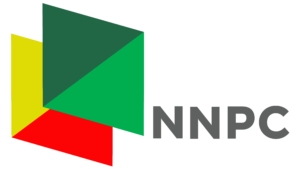

This pricing announcement comes after the Dangote Group had disagreed with an earlier report from NNPC that suggested petrol was being sold at N898 per litre. Dangote Group refuted the claim but has not yet released its own price list.
The changes in fuel pricing from the Dangote Refinery are part of broader economic reforms, including the recent subsidy removal, which have had significant impacts on Nigeria’s fuel market and cost of living, especially amid concerns over inflation and rising transportation costs.

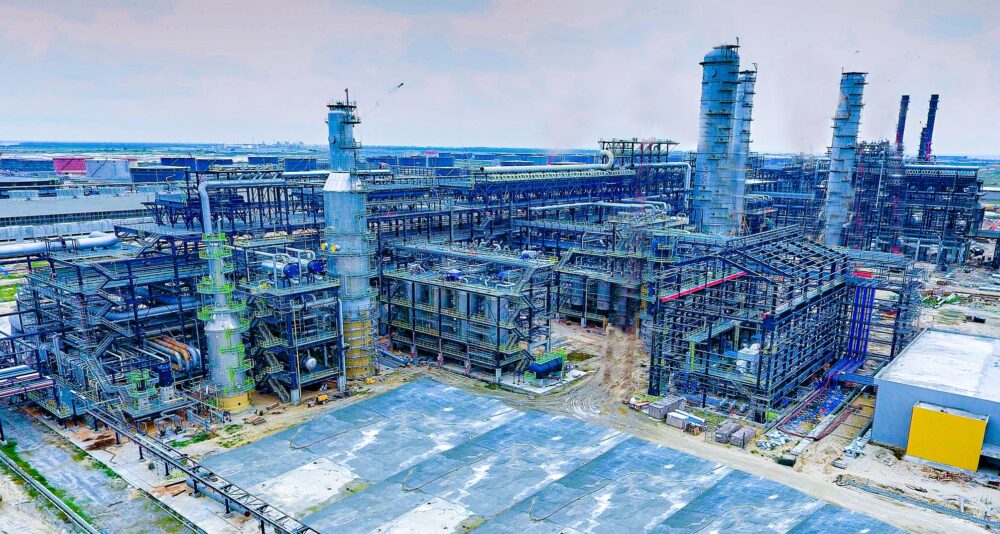


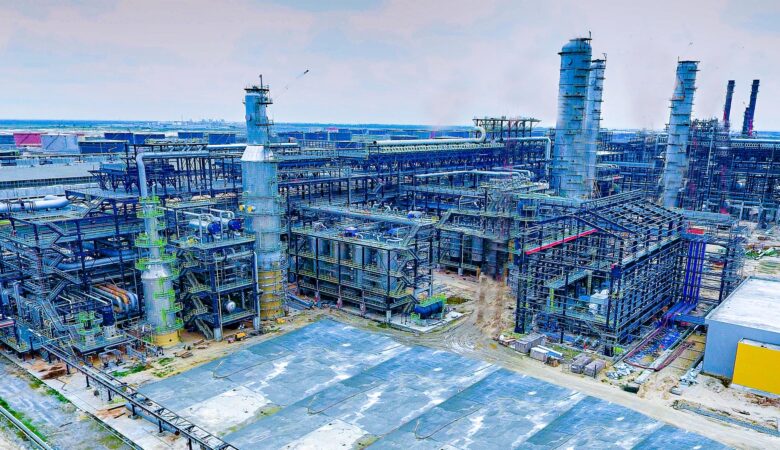
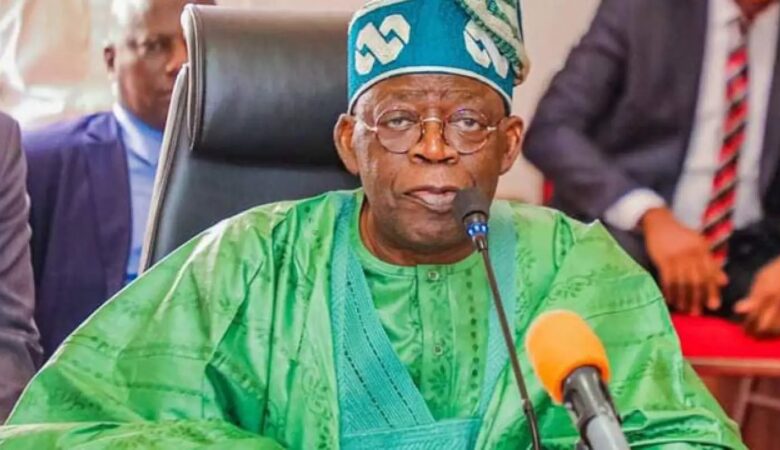
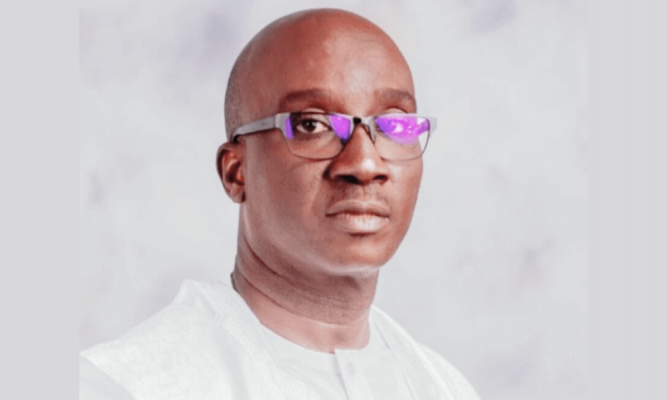
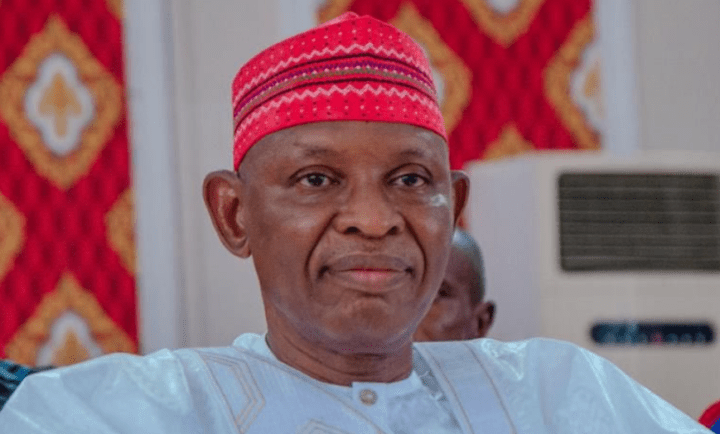
Leave a Reply